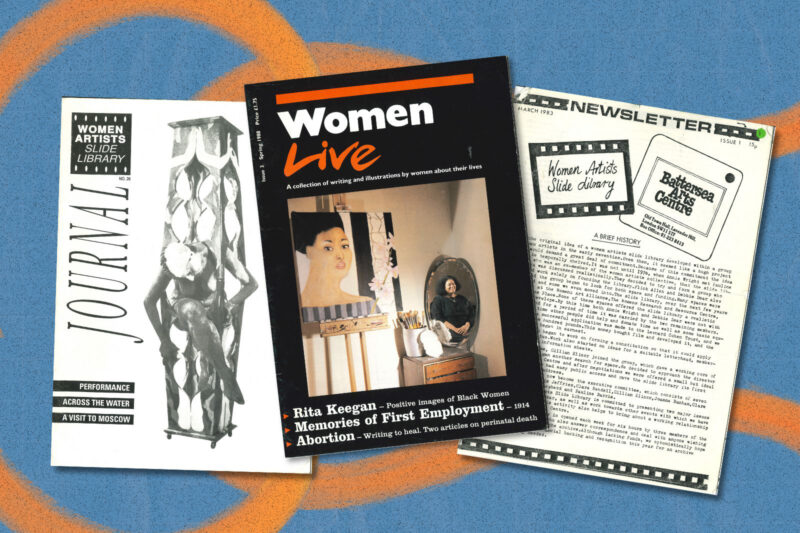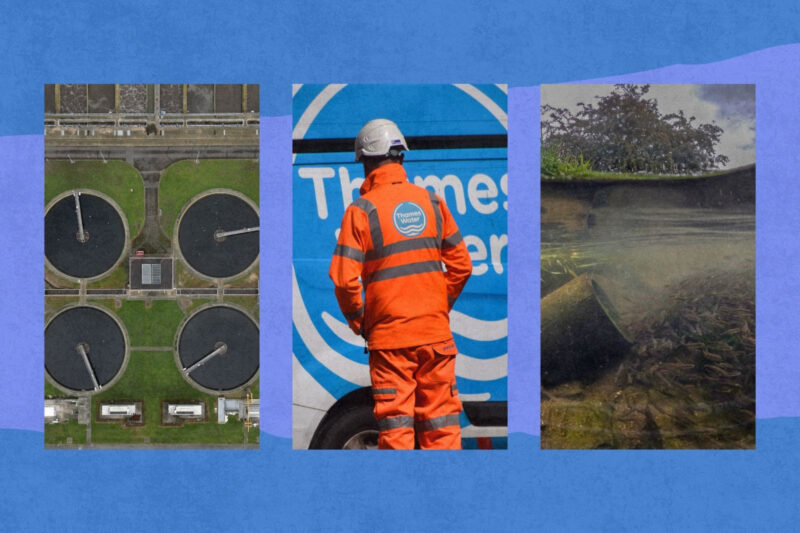
Sheeraz Gulsher Q&A: ‘Tackling the ethnicity pay gap is the first step to making work fair for all’
Sheeraz Gusher is the co-founder of non-profit People Like Us, which works to dismantle the systemic barriers to equality that people of minority ethnic backgrounds face. Photo by Mikael Buck
The co-founder of People Like Us discusses workplace inequalities and Labour’s plans to introduce mandatory reporting of companies’ pay data
The fight to close the gender pay gap has been an uphill battle. Even though this year it fell to its lowest level in the UK, women are still reportedly paid 91p for every £1 a man earns. But when it comes to ethnicity pay difference, the issue becomes cloudier. Data is sparse and there has been an even greater “lack of political will” to close the gap.
So it’s been a long and often frustrating road for Sheeraz Gulsher, 33, who for the past five years has been campaigning to tackle racial inequalities in the workplace.
Gulsher co-founded People Like Us — an award-winning non-profit dedicated to supporting media, marketing and communications workers from minority ethnic backgrounds — to dismantle systemic barriers that often lead to struggles with career progression.
Only this year, with the new Labour government, did they start to feel more optimistic.
While some employers already voluntarily report their ethnicity pay data, Labour has pledged to make this mandatory for companies with more than 250 employees.
Hyphen spoke to Gulsher about why ethnicity pay gap reporting is a welcome first step in tackling workplace inequality.
Why is ethnicity pay gap reporting so important, and is transparency at the heart of it?
We know from data from the ONS that practically all working professionals from ethnic minority backgrounds earn less than their white British counterparts. Black employees are particularly affected, being the only ethnicity group to be consistently earning less than white employees. The public sector does this type of reporting and it’s really important — they can keep track of it and address any disparities. But the private sector is just a big question mark. Transparency is the cornerstone of any great working culture, and gathering ethnicity pay data would allow organisations to address what representation looks like at all levels.
There’s an existing mandatory requirement for employers to publish their gender pay gap. Why do you think it’s taken so long for companies to address racial inequalities?
The gender pay gap was a really important measure, so the question was staring us in the face: why shouldn’t we do the same when it comes to ethnicity? With both things in tandem, it’ll be interesting to see how the government approaches this.
In my 10 years in the PR industry, it tends to be Black and Asian women who get hit hardest, particularly when it comes to pay, bonuses and promotions. Having those two sets of data is going to be incredibly important to identify who are the people being affected the most and how we can level the playing field. I don’t think pay gap reporting will solve everything — as we’ve seen with the gender pay gap — but it’s a really important first step in identifying the scale of the issue.
Critics said the Tories dragged their feet and did nothing to change how structural inequalities affect wages. Will Labour’s plans to introduce ethnicity pay gap reporting get it right?
The key will be to make this as simple as possible for people so that it’s not a chore. I’m quietly hopeful that they will listen to businesses and organisations that have been doing this for years. It’ll be the first step towards making meaningful change and making work fair for all.
There are people — like the former Tory business secretary Kemi Badenoch — who have said that these gaps don’t exist, or that it’s going to create division. But fundamentally it’s about looking at the numbers objectively, seeing whether there is a pattern emerging, and how it can be addressed in a helpful and meaningful way.
People Like Us has campaigned for mandatory ethnicity pay gap reporting since publishing research in 2022 showing that workers from Black, Asian, mixed race and minority ethnic backgrounds are paid 84% of what their white counterparts are paid. Is this a personal issue for you?
The disparity in pay is reflective of the lack of diversity in many industries, which I’ve witnessed first-hand. I’ve been in the PR industry for more than a decade but getting into it was quite difficult. I lived in Luton with my mum after I graduated and at the time all the available internships in London were unpaid. That was a massive barrier for me because I couldn’t afford the commute and didn’t have friends or family to stay with in the city.
I eventually broke in but there were points in my career where I seriously considered leaving the industry entirely. There were times when I just felt very alone because there wasn’t anybody else in the room who looked like me, particularly at the board level. It makes you wonder, what does my career trajectory look like? Could I one day become director or managing director? It took me a long time to assimilate.
What do you hope People Like Us will achieve?
The most important thing for me is showing the rest of the industry what people like us are made of. We spotlight talent in journalism, PR, marketing and creative industries, and we offer support with CVs, interview practice, and navigating more difficult conversations in the workplace, including around pay and discrimination. Our job has been to provide support and a safe space for people who might not have that at work.
 Newsletter
Newsletter













